Japanese Brands Shine, American Automakers Tumble in Consumer Reports' Latest Reliability Survey

While speaking at a gathering of the Automotive Press Association in Detroit Jake Fisher, director of auto testing at Consumer Reports said, “The moral of the story is… the early adopters get penalized in terms of reliability.”
Today, the influential watchdog organization announced the results of its latest Auto Reliability Survey, which predicts new-vehicle dependability. Fisher explained, vehicles that have just been redesigned, gained a new infotainment systems or feature some sort of advanced powertrain are much more likely to have problems than a car or truck that’s been in production for many model years with minimal alterations.
This is largely business as usual, in step with other iterations of the study, though there have been some significant changes this year.
The results of this annual report are compiled from data provided by some 500,000 Consumer Reports members who bought or leased a new vehicle between the years 2000 and 2018, meaning it covers more than 300 different nameplates.
SEE ALSO: Is J.D. Power IQS a Bunch of BS?
Fisher said a lot of drivers think all Japanese automakers build dependable vehicles, but this isn’t the case. “It’s Toyota and Lexus that’s reliable,” he noted. The two brands topped the chart once again, finishing in first and second place, respectively. He attributes their reluctance to introduce new technology and features as a main driver for reliability. Fisher noted that Toyota just started offering Apple CarPlay and it’s only available on one vehicle. Likewise, a Camry sedan can still be had with a tried-and-true naturally aspirated V6 while many competitors have switched to smaller-displacement turbocharged engines.
Next up, Mazda, which improved remarkably, jumping nine spots to third place. With the CX-9 crossover “they had some growing pains” explained Fisher, as well as issues with the CX-3’s climate-control system, but they appear to have sorted these woes out.
Subaru, Kia and Infiniti are all doing well, with the South Korean brand beating out its sister marque, Hyundai, which finished in 10th place. Kia often get’s vehicle platforms and technologies after Hyundai, which gives engineers time to correct any lingering issues. This is likely why it does better.
Next up, Audi, BMW and MINI flesh out the rest of the 10 best brands. These automakers’ experience building small, turbocharged engines really shows, as they all did very well in this year’s reliability study.
Curiously, one automaker that’s fallen from grace is Honda, dropping six spots this year to 15th, one above Volkswagen. Interestingly, two of its vehicles are on Consumer Reports’ list of least reliable vehicles. The Odyssey minivan and Clarity sedan were particularly problem prone.
But it wasn’t all bad news. Honda’s luxury division, Acura, gained six spots, finishing in 13th place. Engineers sorted out numerous issues with the brand’s advanced transmissions and infotainment technology, which resulted in this improvement.
Moving downward, the most reliable American automaker was Ford, which landed in 18th place, a drop of three from last year. The brand’s long-in-the-tooth Taurus sedan is a shining star, with much-better-than-average reliability, though the smaller Fusion four-door has dropped to below average because of issues with the new Sync 3 infotainment system.
As for Lincoln, it landed in position No. 20, buoyed by the Continental sedan’s much-better-than-average rating, though this wasn’t enough to offset the MKC, MKX and MKZ models, which were all rated below average.
The brand that fell the most in this year’s Auto Reliability Survey is Buick, dropping 11 spots to 19th overall. “Part of that is the introduction of the Enclave with the nine-speed [transmission],” said Fisher.
Also in the GM portfolio, Chevrolet fell five places to position 23, torpedoed by the new Traverse crossover and its much-worse-than-average reliability score. It was also a dark time for Cadillac, which landed second from the bottom, a lowly 28th-place finish.
As for Fiat Chrysler Automobiles, their brands occupy the bottom third of this year’s list. Dodge improved three spots to 21 out of 29 brands, with its Charger large sedan offering better-than-average reliability. As for the rest of FCA, it’s pretty disappointing. Chrysler’s award-winning Pacifica minivan is no longer recommended by Consumer Reports thanks to below-average reliability. From a quality standpoint, Jeep is nothing to get excited about, while the Ram truck brand fared worse than any of the company’s other divisions.
SEE ALSO: Top 10 Most Dependable Automakers of 2018
Detroit-based automakers didn’t fare well in this year’s survey, but there’s a reason for this. Fisher said it’s because they introduced a slew of new vehicles, and redesigned products tend to be quite problematic for car companies.
Rounding out this list is Volvo, 29th out of 29 brands. If this list seems lacking it should. Automakers including Alfa Romeo, Jaguar, Mitsubishi, Fiat and others were not included because the sample sizes were simply too small. But why is this Swedish brand doing so poorly? “It’s somewhat of an easy story,” said Fisher. “So, Volvo, until they got the new ownership, had a very old fleet, some very old product.” These vehicles weren’t terribly exciting, but they weren’t bad in terms of reliability. When Volvo got new owners and an infusion of cash, “They just wound up getting just everything they wanted,” Fisher said, things like brand-new infotainment technology, engines with both turbo- and superchargers, a new vehicle architecture and more, each item a potential pain point for reliability.
But what about Tesla, the automaker on everyone’s mind these days? Well, it finished in spot No. 27. The brand’s Model S all-electric luxury car took a dive. “This year it has fallen below average,” Fisher noted, meaning it’s no longer recommended. Still, “owner satisfaction is through the roof” so the company will likely continue selling as many as they can build. According to Fisher, this change is because the company never stands still. Every year they add new features or amenities, sometimes making changes by the week. Things like a brand-new air suspension system or all-wheel drive can lower quality scores significantly.
Aside from this, the brand’s Model X crossover has also been extremely problematic, with particular trouble in the doors, however, the Model 3 should be average, making it the most reliable Tesla you can buy today. As with its big brother, the company is going to be adding more and more features to the Model 3, which could change this rating. Fisher said, “We’re going to have to see what happens.”
Of the 10 most unreliable cars and trucks on the market, five were new for the 2018 model year, a telling statistic. Likewise, of the 10 most reliable vehicles, seven launched in 2015 or before, giving automakers ample time to iron out any issues.
“I feel like a broken record,” said Fisher. If you want reliability, “Don’t buy a car in its first year.”

Born and raised in metro Detroit, Craig was steeped in mechanics from childhood. He feels as much at home with a wrench or welding gun in his hand as he does behind the wheel or in front of a camera. Putting his Bachelor's Degree in Journalism to good use, he's always pumping out videos, reviews, and features for AutoGuide.com. When the workday is over, he can be found out driving his fully restored 1936 Ford V8 sedan. Craig has covered the automotive industry full time for more than 10 years and is a member of the Automotive Press Association (APA) and Midwest Automotive Media Association (MAMA).
More by Craig Cole



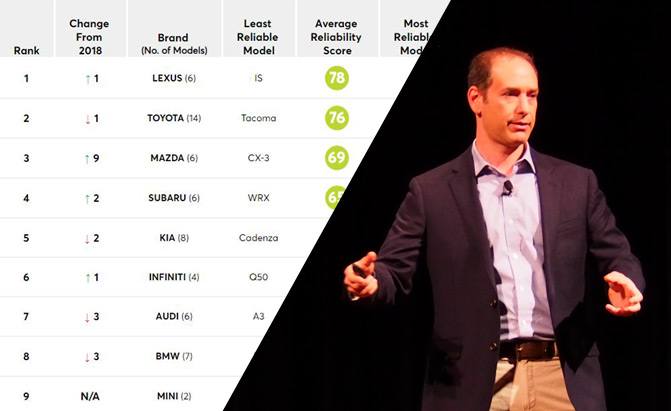
















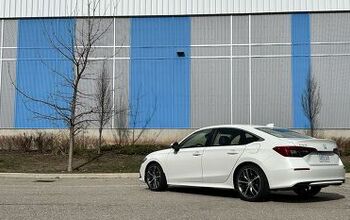

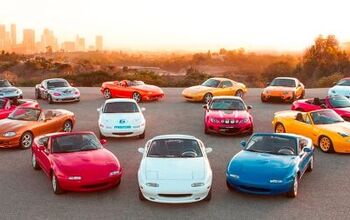
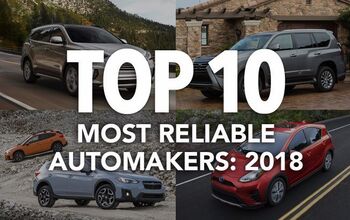
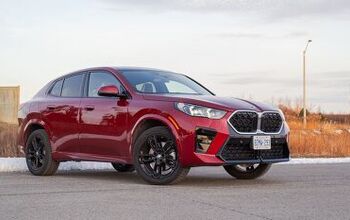
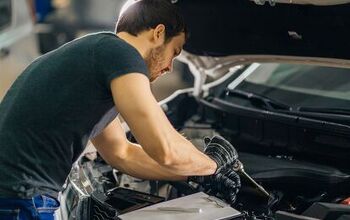
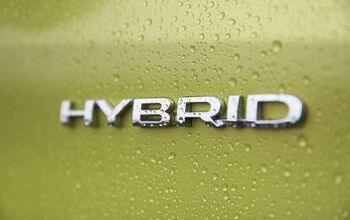


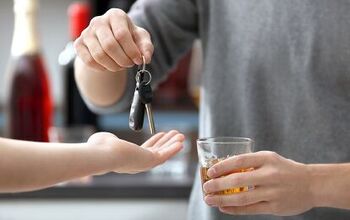
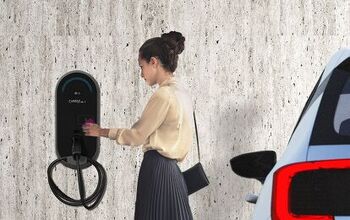


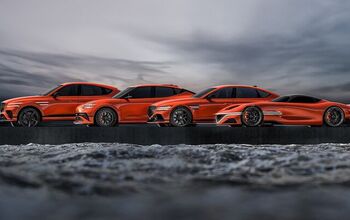

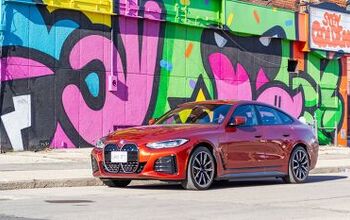
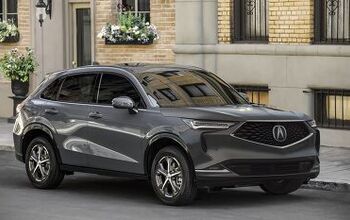
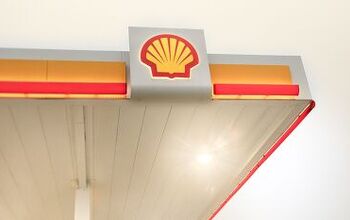
Comments
Join the conversation
CR is a joke when it comes to cars .Their grading system and surveys are not balanced .Don't believe what you're reading from them about cars
IN ALL THIS, NO MENTION OF THE HONDA CRV AND THE PROBLEMS WITH THE 1.5. TRY OIL DILUTION IN A BIG WAY.